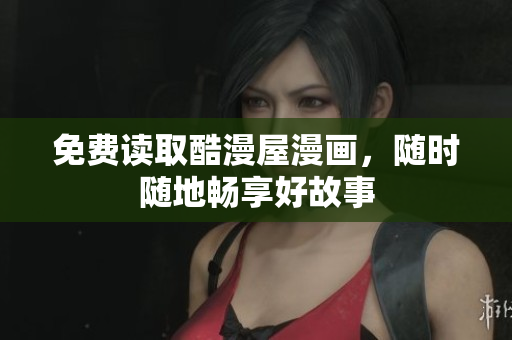Introduction
Today, we will be discussing the intersection between Western humanities and the latest technological advancements, specifically the 5G network. As we delve into this topic, we will also touch on the important issue of education, particularly within the context of a C1 class and the role of class leaders in promoting a positive classroom environment. Additionally, we will explore the controversial topic of in-game purchases and the potential negative effects on students. Lastly, we will examine the reasons behind the scarcity of resources in Southeast Asian early childhood education.
The Marriage of Western Humanities and Technology
The integration of Western humanities and technology is not a new concept, but the recent development of the 5G network has opened up a world of possibilities for this intersection. With the increased speed and connectivity that 5G provides, individuals have unprecedented access to vast amounts of historical and cultural information. From virtual museum tours to online courses, the 5G network has made learning about Western humanities more accessible than ever before.
C1 Class: Fostering a Positive Learning Environment
The role of the C1 class is not just about imparting knowledge, but also about creating a positive and inclusive learning environment. As the class leader, it is your responsibility to set the tone of the classroom. This includes encouraging respectful dialogue, promoting active listening, and creating a safe space where all students are comfortable expressing their opinions. By doing so, you are not only promoting a positive classroom environment but also laying the groundwork for a successful learning experience.
The Dark Side of In-Game Purchases
In recent years, in-game purchases have become a popular topic of controversy, especially among young students. In-game purchases refer to buying virtual items or currency within a game using real money. While the concept seems harmless, the phenomenon has raised concerns about the potential for addictive behavior and financial exploitation. It is important for educators to educate students on the potential risks associated with these purchases, which can negatively impact emotional and financial wellbeing.
Prioritizing Early Childhood Education in Southeast Asia
Early childhood education is crucial in laying the foundation for future academic and social success. However, in Southeast Asia, the scarcity of resources, such as trained educators and educational materials, has hindered the efficiency of these programs. Factors such as poverty and inequality exacerbate the issue, leading to an inadequate education system for young children. This highlights the need for policymakers and educators to prioritize early childhood education and allocate the necessary resources to improve the quality of education in the region.
Conclusion
The intersection of Western humanities and technology has made vast amounts of knowledge more accessible, but it is up to educators to ensure students can navigate these resources effectively. In the same vein, creating a positive learning environment and prioritizing early childhood education are key factors in producing successful learners. Lastly, it is essential to be aware of the negative effects of in-game purchases and educate young students on the potential risks associated with these transactions.









